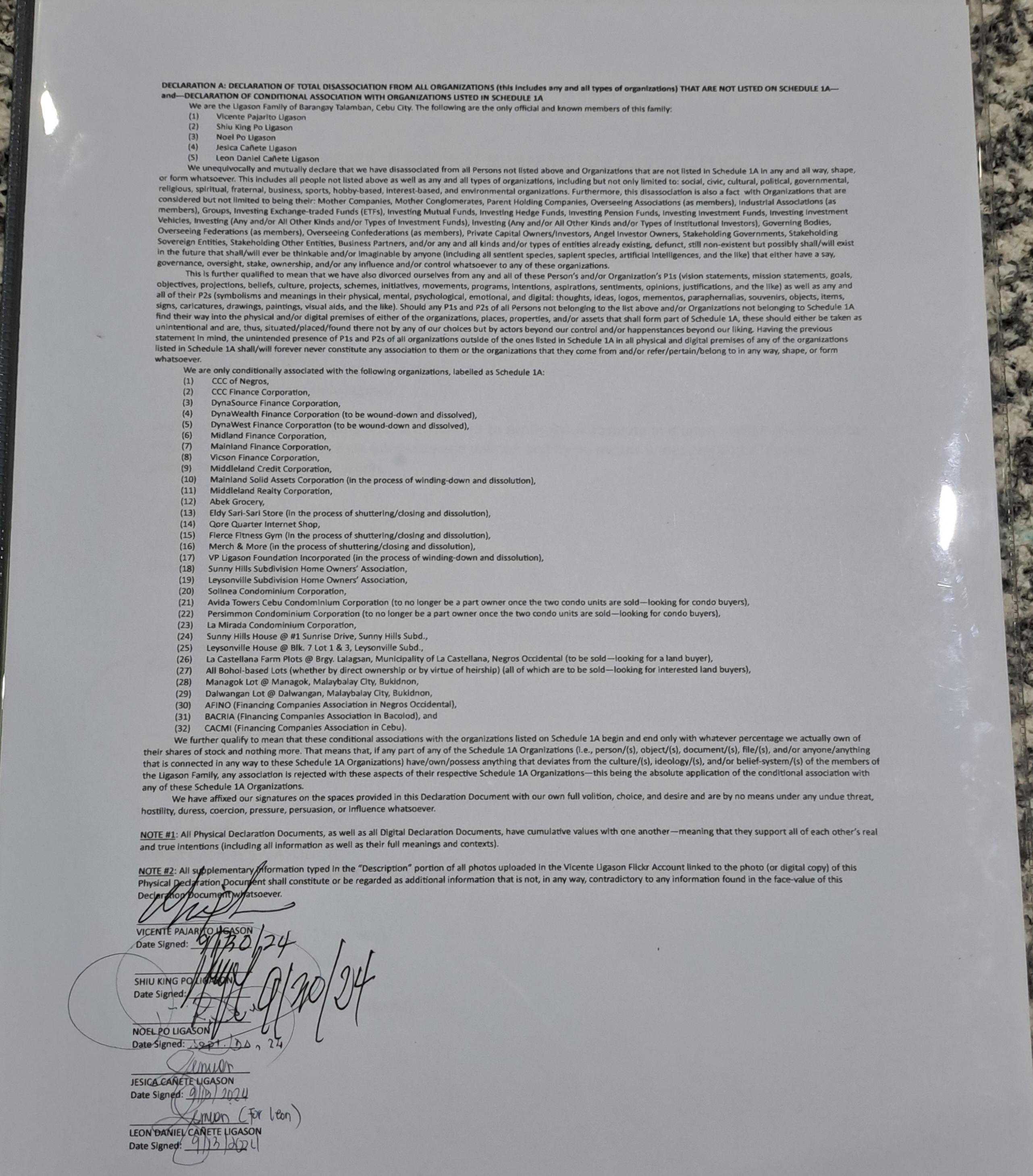In the intricate realm of family wealth management, trust and communication emerge as the cornerstone elements that underpin successful financial stewardship across generations. As families navigate the complexities of preserving and growing their wealth, the ability to foster transparent dialogue and cultivate mutual trust becomes indispensable. This article delves into the critical role these elements play in ensuring the sustainability of family assets, minimizing conflicts, and aligning financial strategies with shared values and long-term goals. By examining case studies and expert insights, we will explore how trust and communication not only mitigate risks but also empower families to make informed, cohesive decisions that reflect their collective vision for the future. As financial landscapes evolve, understanding and prioritizing these dynamics will be crucial in maintaining the integrity and prosperity of family wealth.
Building a Strong Foundation: The Role of Trust in Family Wealth Management
Trust serves as the bedrock of effective family wealth management, ensuring that decisions are made collaboratively and with mutual respect. In an environment where financial decisions impact multiple generations, establishing a culture of transparency is crucial. When family members trust one another, they are more likely to engage in open discussions about financial goals and risk tolerance, leading to more informed and cohesive strategies. Trust reduces friction, allowing family members to focus on long-term wealth preservation and growth rather than short-term conflicts.
- Transparency: Keeping everyone informed fosters a sense of inclusion and ownership.
- Accountability: When family members trust each other, they hold each other accountable in a constructive manner.
- Shared Values: Trust helps align family values with financial objectives, ensuring that wealth management decisions reflect the family’s legacy.
Moreover, effective communication is integral to maintaining trust within the family. Regular meetings and updates create a platform for dialogue, allowing members to express concerns and share insights. By cultivating an atmosphere of openness, families can better navigate the complexities of wealth management, making decisions that honor both individual aspirations and collective ambitions.

Effective Communication Strategies for Multigenerational Wealth Preservation
In the realm of family wealth management, fostering an environment where every generation feels valued and heard is paramount. Open dialogue serves as the cornerstone for preserving wealth across generations. This can be achieved through regular family meetings that encourage participation from all members, ensuring that diverse perspectives are acknowledged and integrated into the decision-making process. Such gatherings not only facilitate the exchange of ideas but also cultivate a sense of ownership and accountability among younger family members.
To further enhance communication, families can implement strategies such as:
- Creating a family charter that outlines shared values and goals, serving as a guide for future financial decisions.
- Establishing a transparent reporting system to keep all members informed about financial activities and progress.
- Engaging in educational workshops to build financial literacy and empower each generation with the knowledge to manage wealth effectively.
By nurturing trust and facilitating open communication, families can ensure that their wealth is not only preserved but also grows in alignment with the shared vision of all generations involved.

Navigating Financial Conflicts: Tools for Harmonious Family Wealth Decisions
In the realm of family wealth management, trust and communication are the cornerstones of success. Without these, even the most well-intentioned financial plans can crumble under the weight of misunderstandings and misaligned goals. Trust is not just about honesty; it encompasses reliability and the confidence that each family member acts with the collective interest at heart. When trust is firmly established, it becomes the bedrock on which difficult financial decisions can be made with mutual respect and understanding. Communication, on the other hand, is the tool that keeps this trust alive and thriving. It’s not merely about sharing information but about creating a dialogue where every voice is heard and valued.
- Open dialogues: Encourage regular family meetings to discuss financial goals and concerns.
- Transparency: Share financial documents and reports openly to ensure everyone is on the same page.
- Active listening: Foster an environment where family members feel safe to express their views and feelings.
- Shared vision: Work together to define a common vision for family wealth that aligns with individual aspirations.
By embedding these principles into the family’s financial framework, families can navigate the complexities of wealth management with grace and unity, turning potential conflicts into opportunities for growth and collaboration.

Empowering Future Generations: Educating and Engaging Family Members in Wealth Planning
In the realm of family wealth management, establishing a foundation of trust and open communication is paramount. Without these critical elements, even the most meticulously crafted financial plans can falter. When family members are engaged in the wealth planning process, they become more invested in the outcomes, ensuring that each decision reflects the collective goals and values of the family. This engagement fosters a sense of shared responsibility and empowers future generations to take an active role in preserving and growing the family’s wealth. It’s essential to cultivate an environment where every member feels their voice is heard, promoting transparency and reducing the potential for conflicts or misunderstandings.
- Transparency: Clear and open communication helps demystify complex financial strategies, allowing all family members to understand and contribute to the decision-making process.
- Inclusion: Involving younger generations in discussions about wealth not only educates them but also instills a sense of ownership and responsibility.
- Continuity: By fostering trust and communication, families can ensure the seamless transition of wealth and the preservation of family values across generations.



